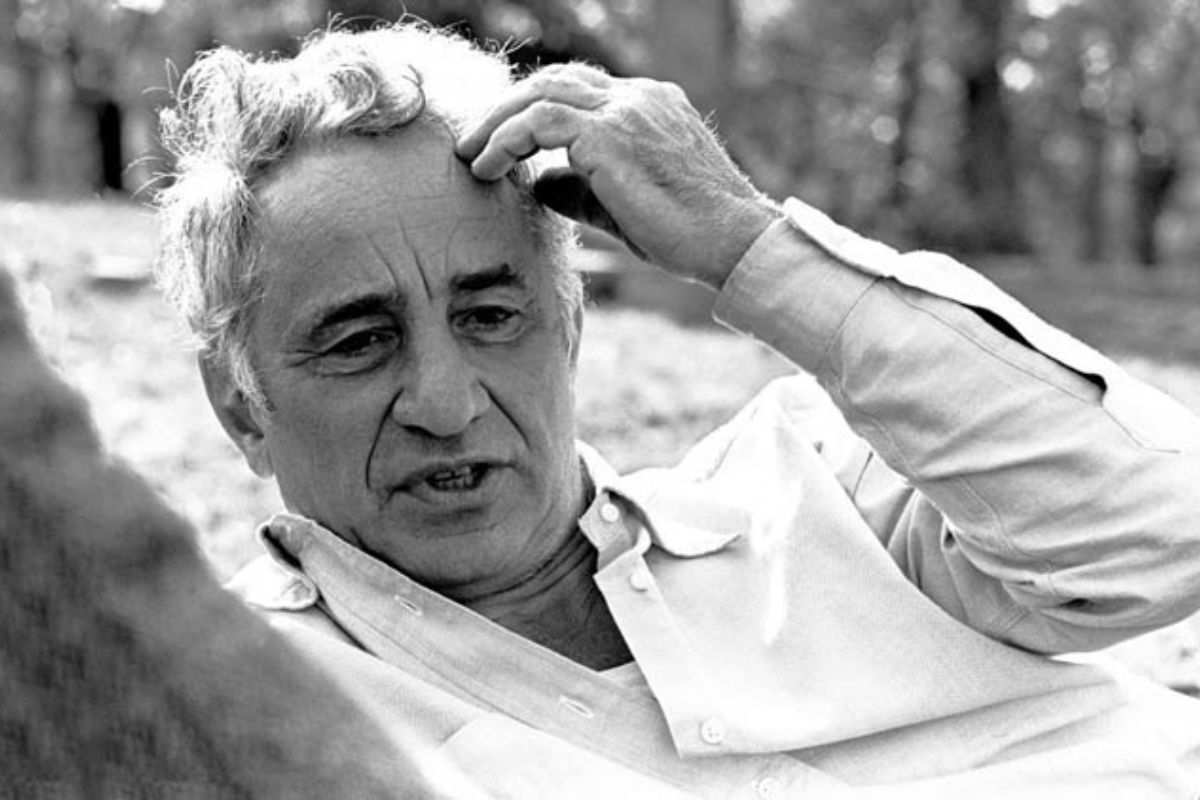
Who was Elia Kazan? Elia Kazan was a renowned director, producer, and writer who left an indelible mark on both theater and film. Born in 1909, he directed iconic movies like "On the Waterfront" and "A Streetcar Named Desire." His work earned him multiple Academy Awards and a reputation for bringing out powerful performances from actors. Kazan's career wasn't without controversy; his testimony during the McCarthy era led to significant backlash. Despite this, his influence on American cinema and theater remains undeniable. Want to know more about this complex figure? Here are 15 intriguing facts about Elia Kazan that shed light on his life and legacy.
Elia Kazan's Early Life
Elia Kazan, a name synonymous with American theater and film, had a fascinating early life that shaped his illustrious career. Here are some intriguing facts about his beginnings.
-
Born in Istanbul, Turkey, on September 7, 1909, Kazan's original name was Elias Kazantzoglou. His family emigrated to the United States when he was just four years old.
-
Kazan grew up in New York City, where he attended Williams College. He later studied at the Yale School of Drama, which laid the foundation for his future in theater and film.
-
His parents were Greek immigrants, and Kazan often spoke about the cultural tensions he experienced growing up, which influenced his later works.
Kazan's Theater Career
Before making a name in Hollywood, Kazan was a prominent figure in American theater. His contributions to the stage were groundbreaking.
-
Kazan co-founded the influential Group Theatre in 1931, which aimed to bring a new level of realism to American theater. This group included future legends like Lee Strasberg and Stella Adler.
-
He directed the original Broadway productions of Tennessee Williams' "A Streetcar Named Desire" and Arthur Miller's "Death of a Salesman," both of which became iconic American plays.
-
Kazan won three Tony Awards for Best Director, showcasing his exceptional talent in bringing complex characters and stories to life on stage.
Transition to Film
Kazan's move from theater to film marked a significant shift in his career, leading to some of the most memorable movies in American cinema.
-
His first major film, "A Tree Grows in Brooklyn" (1945), was a critical success and established him as a talented director in Hollywood.
-
Kazan directed "On the Waterfront" (1954), which won eight Academy Awards, including Best Director for Kazan and Best Actor for Marlon Brando.
-
He was known for his ability to elicit powerful performances from actors, often working with method actors like Marlon Brando and James Dean.
Controversial Decisions
Kazan's career was not without controversy. Some of his decisions had lasting impacts on his reputation.
-
During the Red Scare, Kazan testified before the House Un-American Activities Committee (HUAC) in 1952, naming several colleagues as communists. This decision led to a significant backlash in Hollywood.
-
Despite the controversy, Kazan continued to work and received an honorary Oscar in 1999, though the decision to honor him was met with mixed reactions.
Later Works and Legacy
Kazan's later works and his enduring legacy continue to influence filmmakers and theater directors today.
-
In 1963, Kazan published his first novel, "America America," which was later adapted into a film he directed. The story was inspired by his uncle's emigration from Turkey to the United States.
-
Kazan's autobiography, "A Life," published in 1988, provided an in-depth look at his career and personal life, offering insights into his controversial decisions and artistic achievements.
-
He was a mentor to many young filmmakers, including Martin Scorsese, who has often cited Kazan as a significant influence on his own work.
-
Elia Kazan passed away on September 28, 2003, at the age of 94. His contributions to theater and film continue to be studied and celebrated, cementing his place as a pivotal figure in American cultural history.
Kazan's Lasting Legacy
Elia Kazan's impact on film and theater is undeniable. From directing classics like "A Streetcar Named Desire" and "On the Waterfront" to discovering talents like Marlon Brando and James Dean, his contributions shaped Hollywood's Golden Age. Despite controversies, his artistic achievements remain influential. Kazan's storytelling, characterized by emotional depth and complex characters, continues to inspire filmmakers and actors. His work pushed boundaries, exploring social issues and human struggles with a raw, honest lens. Kazan's legacy is a testament to the power of cinema and theater to reflect and challenge society. His films and plays still resonate, reminding us of the enduring power of great storytelling. Whether you're a film buff or a casual viewer, Kazan's work offers a rich, rewarding experience. Dive into his filmography and witness the brilliance of a true visionary.
Was this page helpful?
Our commitment to delivering trustworthy and engaging content is at the heart of what we do. Each fact on our site is contributed by real users like you, bringing a wealth of diverse insights and information. To ensure the highest standards of accuracy and reliability, our dedicated editors meticulously review each submission. This process guarantees that the facts we share are not only fascinating but also credible. Trust in our commitment to quality and authenticity as you explore and learn with us.
